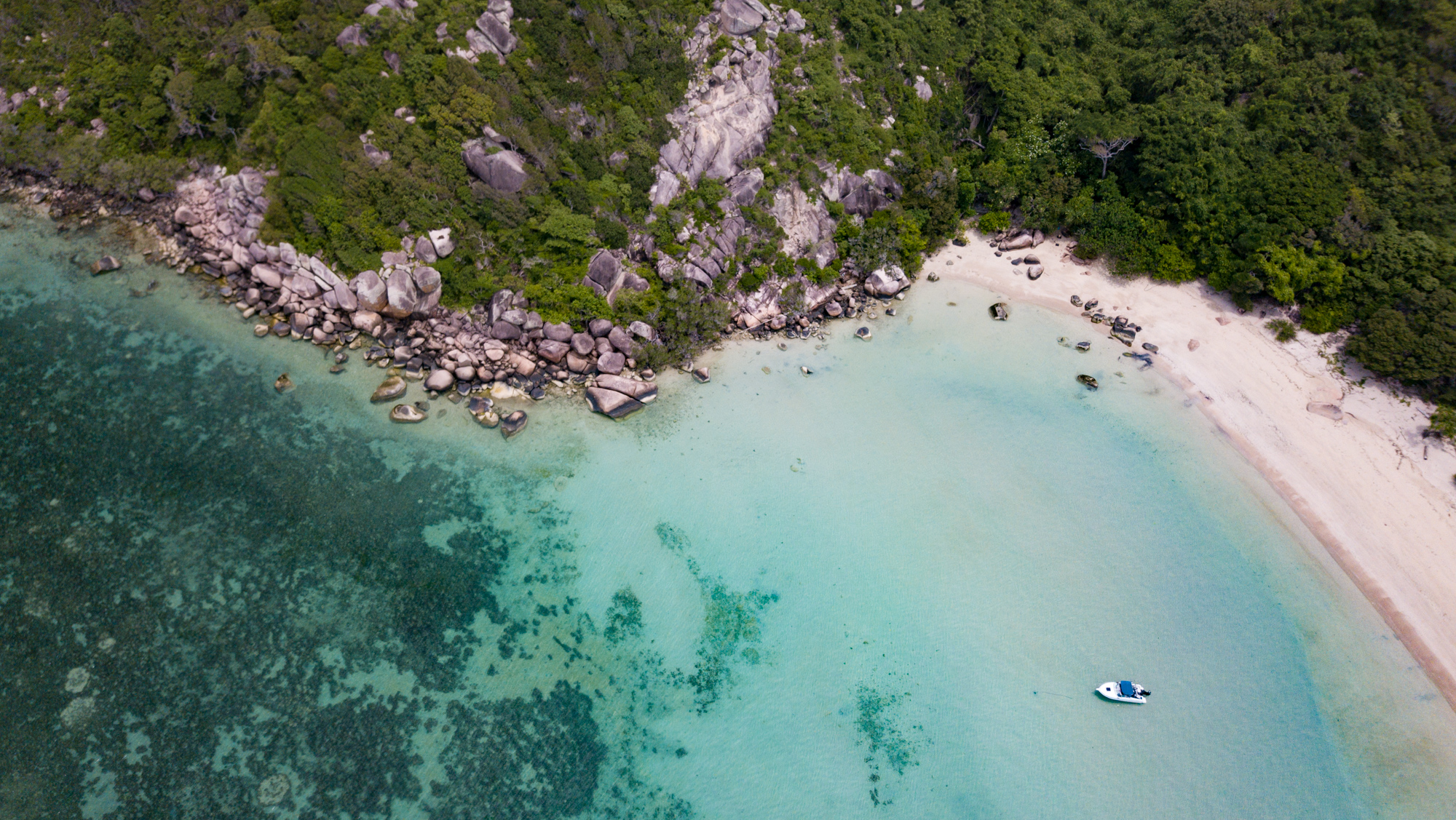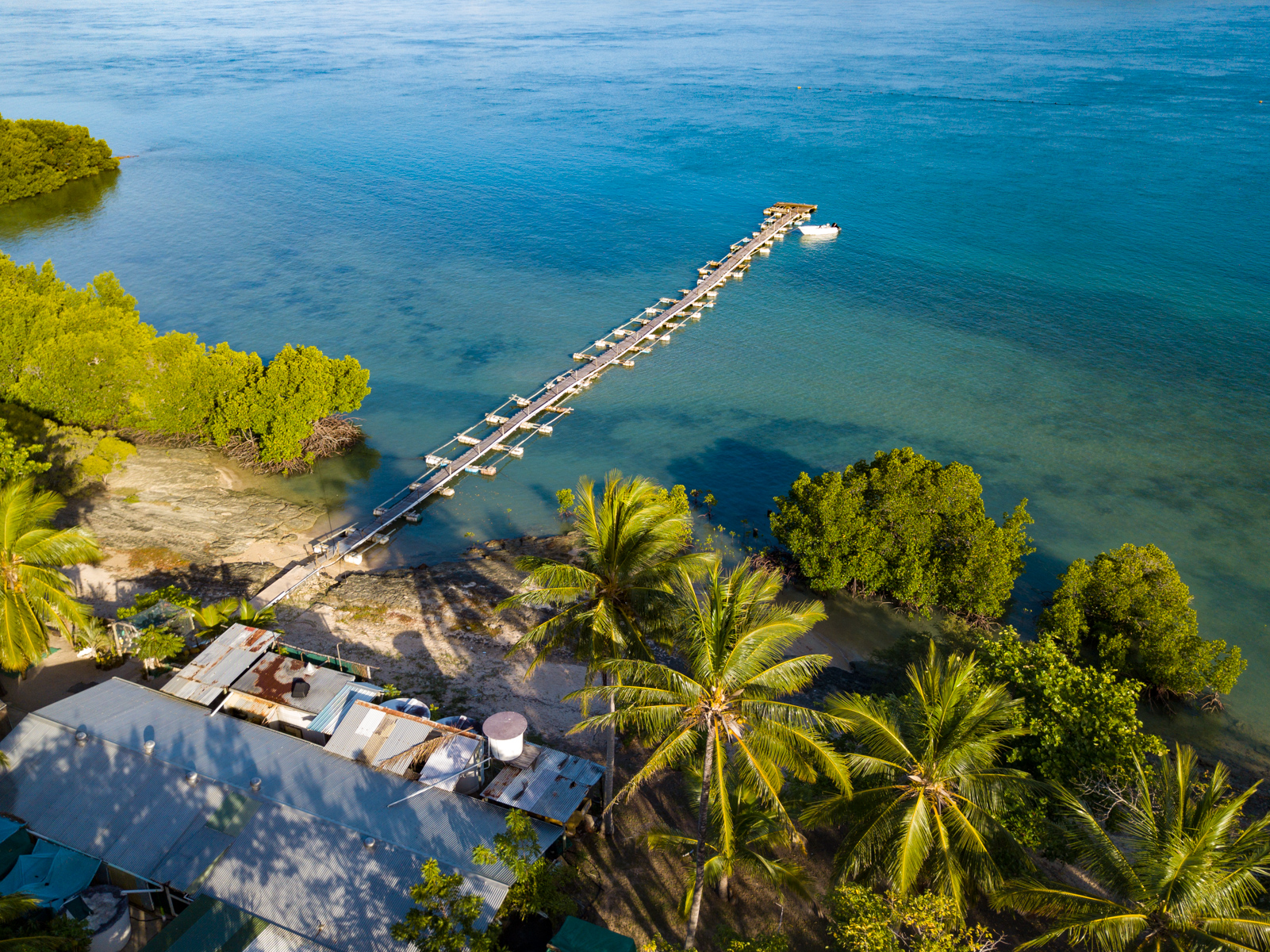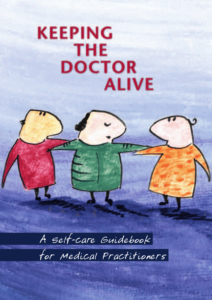Living Remote – How to survive and thrive as a doctor in rural Australia

I have been privileged to call Thursday Island home for the last three and a half years. Initially I planned to commit for a year, but I soon fell in love with the island and it became home. The medicine is unlike anywhere else in Australia, the community is warm and my colleagues are exceptional.
I work with a truly excellent group of doctors. The people around me are fiercely intelligent, competent, flexible and practical. Many of my colleagues have become my friends and my adopted family.
Practicing medicine in remote Australia is loaded with challenges. The nearest sub-specialists are over a thousand kilometers away. Due to geography, very sick patients cannot be rushed away to the closest tertiary centre by road ambulance. Air retrievals can be delayed several days due to weather or availability of aircrafts around the state. Often we need to run a ‘mini-ICU’ with excellent telehealth support from specialists down south. Our typical patients have multiple comorbidities. The prevalence of infectious tropical disease is high. Living in a small community, many of our patients are known to us outside of medicine – it can be especially hard treating a friend, but sometimes there are no other options.
Isolation from friends, family and good restaurants is noticeable. To get to Cairns (the nearest city) requires a bus, a boat, another bus and 1000 km in a plane. Weekend trips just aren’t practical due to flight times. Spending months at a time on a tiny 3.5 square kilometers can be like living in a pressure cooker. Anonymity on the island is impossible and a simple trip to the grocery shop often involves being stopped several times by community members for a yarn about their health.
Partially due to these challenges, staff turnover can be high in remote Australia. The lifestyle does not suit everybody.
Despite this, living in remote Australia is overwhelmingly rewarding and the experience could not be mirrored in the urban setting. The sense of community and connectedness is strong. My family are thriving here. I live on the edge of the hospital grounds and share my backyard with 16 other households. Our yard is packed with children – yelling, running and laughing. It is a noisy, chaotic and joyous place. My kids have found their place in their own miniature community where the bigger ones care for the little ones and they have each other’s backs.
My second daughter was born on Thursday Island and my family was overwhelmed by the kindness of the community. For the first few weeks after her birth a meal was delivered from a different family each day and my older child was kept busy so we could bond with the new baby. We are separated by our traditional families by distance, but my adopted family has stepped up and provided support that is well beyond a typical friend group.
There is no commute to work, so often I can take my lunch breaks at home. I have the privilege of working full-time in an interesting and fulfilling job and being present and involved in my children’s’ lives. I have finally found the fabled ‘work-life-balance’.
Rural communities deserve an excellent standard of medical care that is expected elsewhere in Australia. Retention of doctors to provide continuity of care is essential in achieving this (https://www.bmj.com/content/356/bmj.j84). Orientation of a new doctor to a rural environment takes many months to begin to grasp logistics, cultural awareness, availability of services and understanding of networks. It takes even longer to establish trust within the community. Therefore, it is ideal for doctors commit to a community long term where possible.

Here are some tips to assist longevity in a rural environment:
1. Schedule regular breaks
When I spend more than 3-4 months on the island without a break I become snappy, irritable and generally unpleasant. A trip off the island is a good chance to reset, enjoy the perks of the mainland and gain perspective on how lucky I am to live and work where I do.
2.Find your people
A sense of community and connectedness is essential for thriving in a rural environment. Because of the physical isolation for friends and family, it is especially important to actively strive to build a strong friendship network. Otherwise the isolation can be overwhelming. Increasingly, online groups such as GPDU and RDAQ and Twitter can provide a space to connect with peers.
3. Love what you do
If you don’t enjoy what you there is no incentive to try to overcome the challenges of the location. The positives of the experience have to outweigh the negatives in order to achieve longevity. Rural medicine is not for everybody and there are easier jobs out there, so if the enjoyment is not there it may be time for a change. There may be some simple changes you can make locally to improve your experience.
4. Accept the things you cannot change
This is something that I am still working on. There is no point in becoming frustrated about things that are outside of your control – in rural medicine set plans often have to adapt multiple times due to weather, resources and changing clinical situations. Adaptability and acceptance are essential.
5. Strive to keep learning
Take any opportunity to upskill and bring your expertise back to your community. Remote doctors are expected to assess and initially manage almost any presentation that arises- we should give ourselves credit for being the experts in providing care in the remote environment. The work is unique and to do the job well involves staying up to date with evidence based practice in many fields. Online learning is a growing area that can be accessed in the rural environment. Participating in courses, conferences and upskilling opportunities challenges us to keep learning and enables us to provide the excellent care to the people we serve.
6. Be aware of burnout
Being self-aware is essential. It is not uncommon to expend so much energy caring for others that we neglect ourselves. Often we don’t notice we are close to burnout until it hits. Aim to regularly monitor your own feelings, prioritise your own health and happiness and actively adapt strategies that promote self-care. Be kind to your colleagues and and look after yourself.

Resources:
GP’s Down Under (GPDU) offers supportive forum for GP’s throughout Australia:
Rural Doctors’ Association of Queensland (RDAQ) provides opportunity to connect with other rural doctors in Queensland:
– Rural Doctors Association of Australia
An excellent free online workbook on doctors’ health and self-care strategies:
Interesting article regarding the differences between rural and urban doctors:
Exploring Temperaments and Characteristics of Rural and Urban Doctors https://onlinelibrary.wiley.com/doi/epdf/10.1111/j.1748-0361.2009.00197.x


